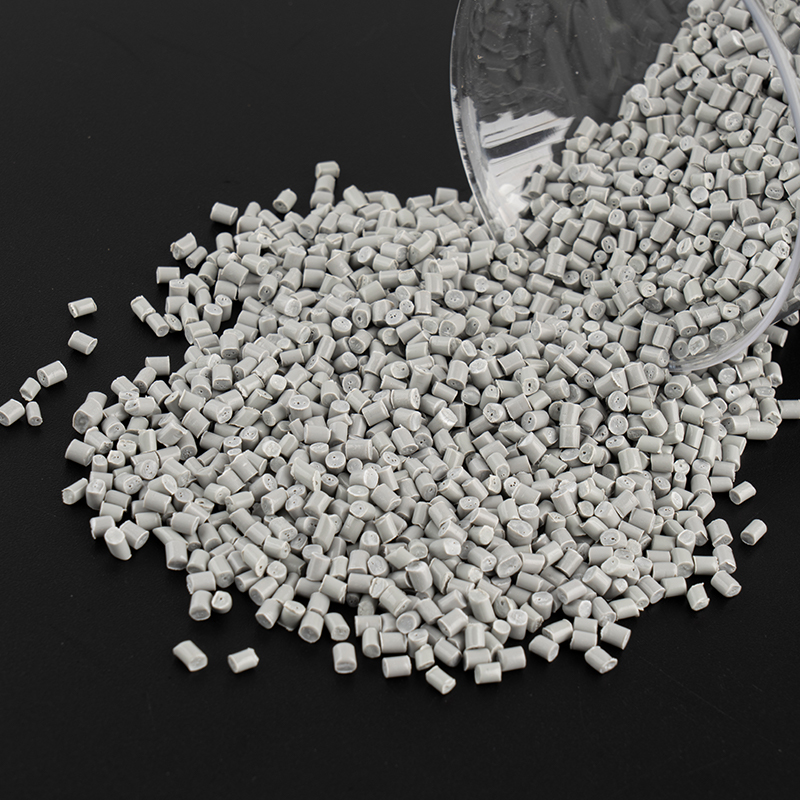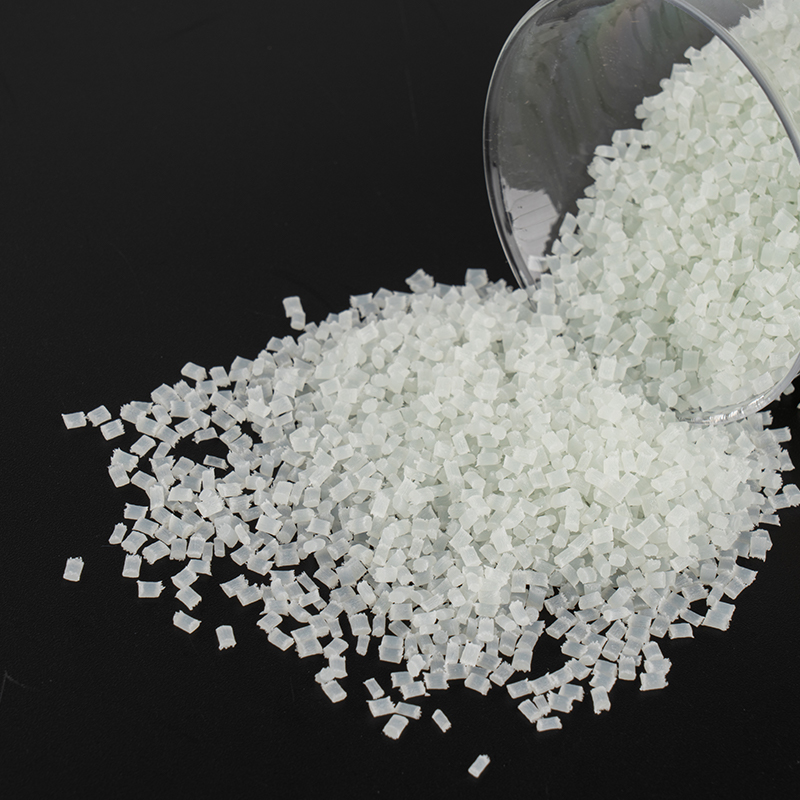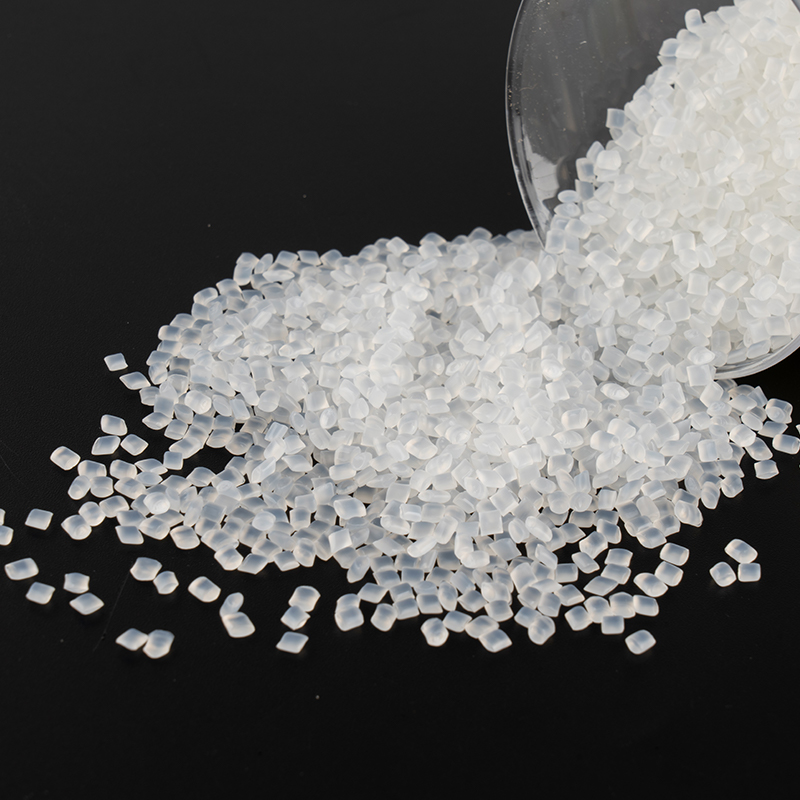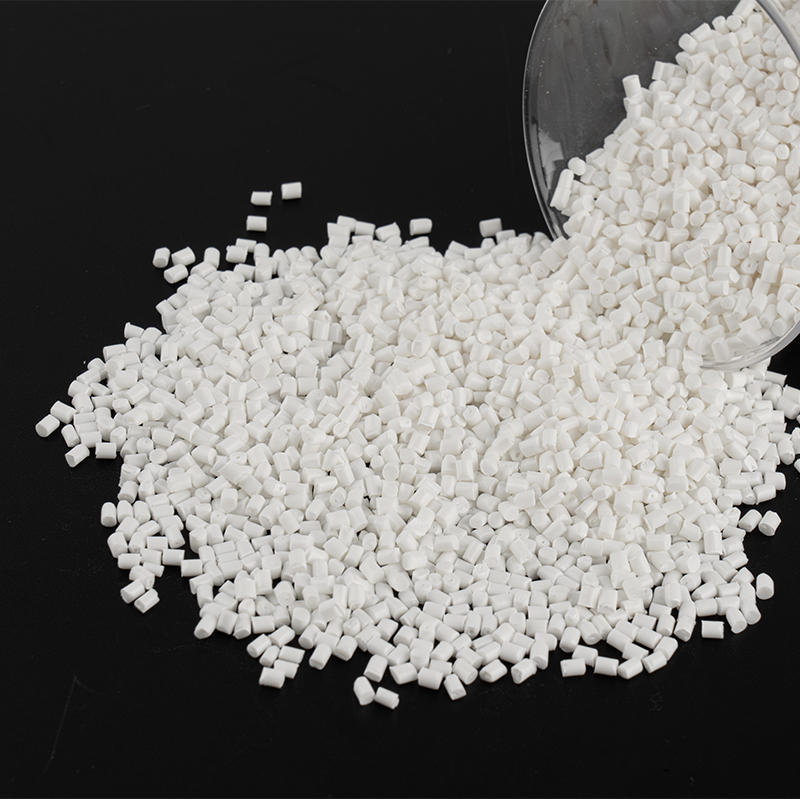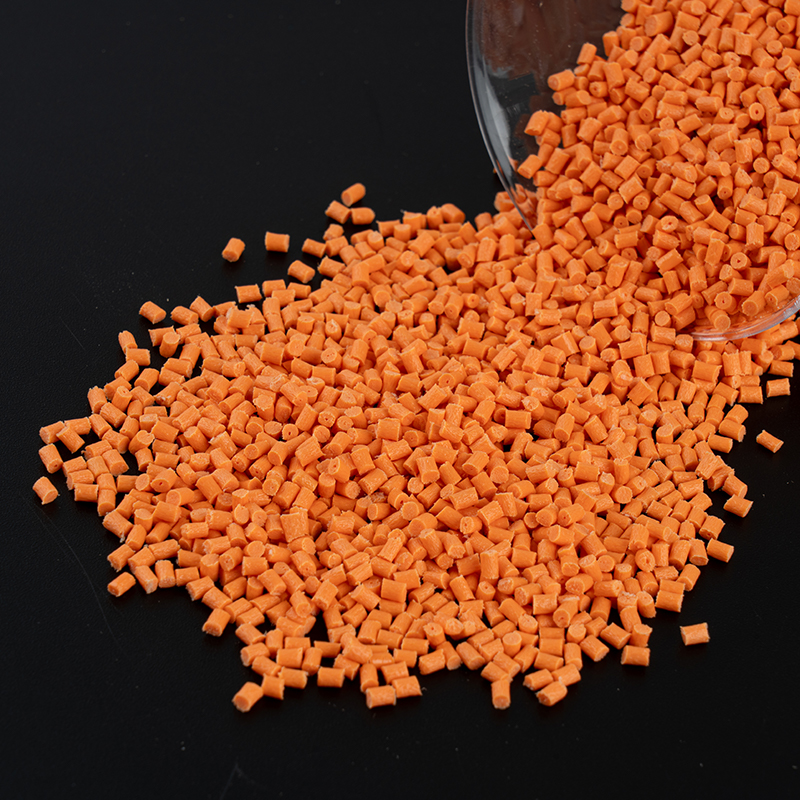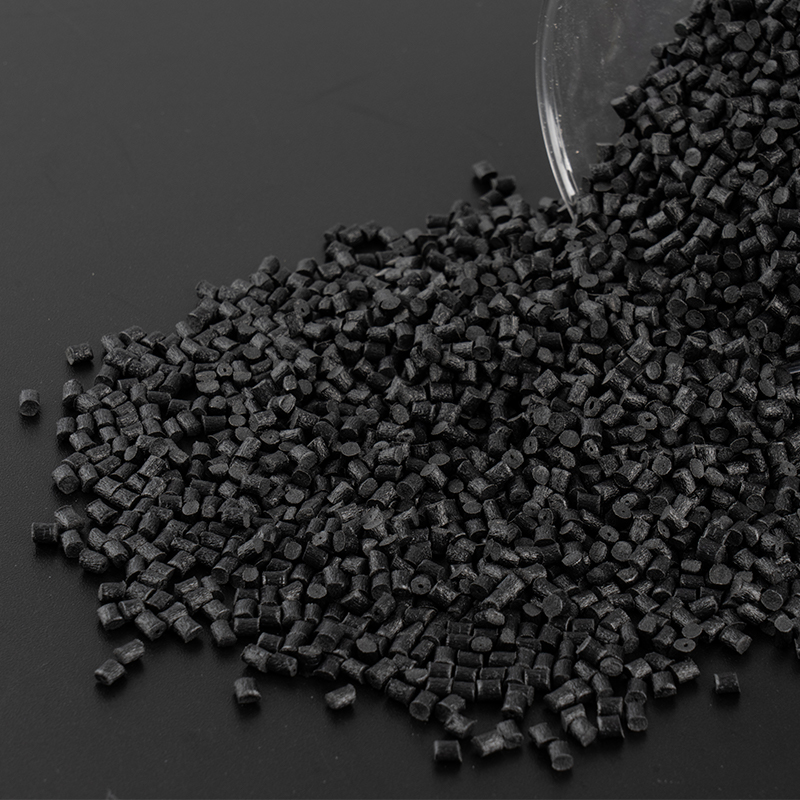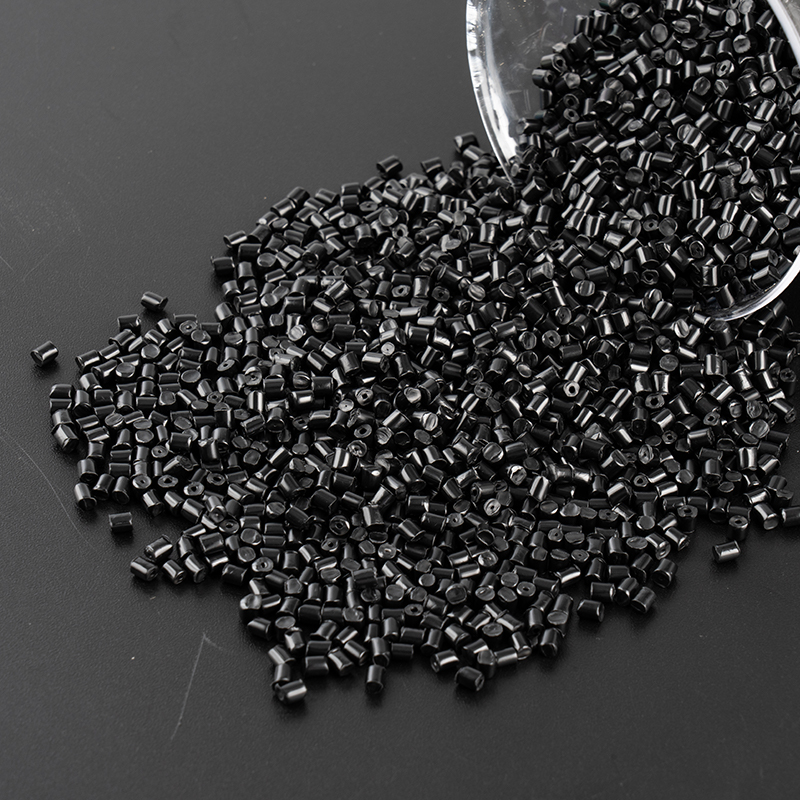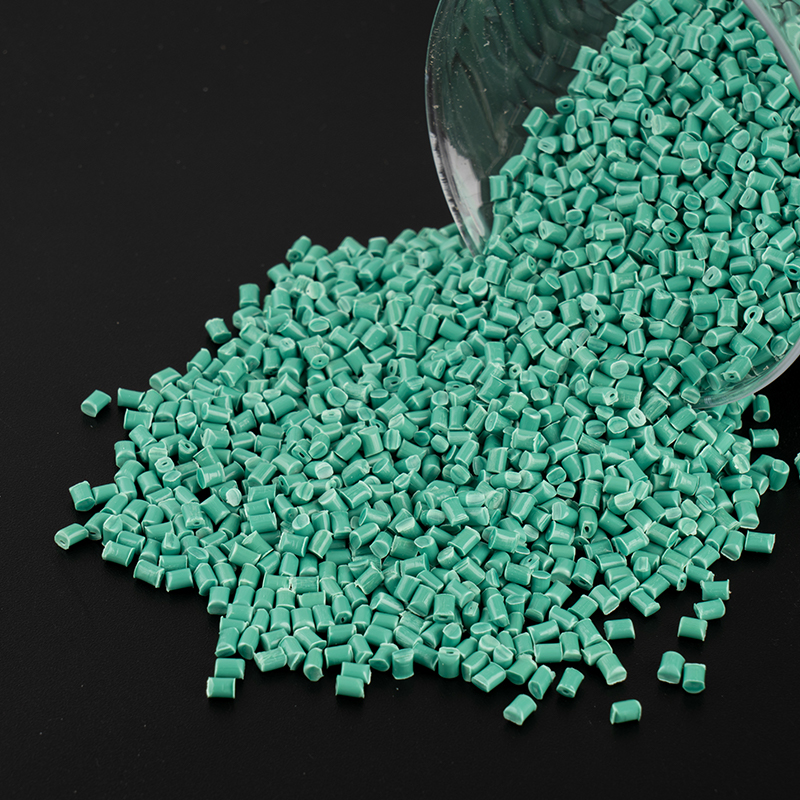PP (polypropylene) is a common thermoplastic widely used in many products in daily life, such as packaging, home appliances, and automotive parts. It is widely used because of its good chemical stability, heat resistance, and corrosion resistance. However, ordinary PP has some limitations in mechanical properties and thermal stability, especially in applications that require high strength, impact resistance, and high temperature performance, ordinary PP does not perform well. In order to overcome these limitations, engineers have developed PP modified engineering plastics by modifying PP in various ways. This modified material can provide better performance in many aspects such as mechanics, thermals, and chemistry to meet more demanding industrial needs.
PP modified engineering plastics are improved by adding different types of modifiers, fillers, or copolymers to ordinary PP, or by changing its molecular structure. Through these modification methods, the mechanical strength, heat resistance, chemical resistance, wear resistance, etc. of PP have been significantly improved, so that it can meet more demanding applications. Common modification methods include adding glass fiber, mineral fillers, plasticizers, antioxidants, etc. These modifiers can significantly change the physical and chemical properties of PP.
The main difference between ordinary PP and PP modified engineering plastics lies in the difference in their properties. Ordinary PP has good chemical stability and corrosion resistance, and is often used in general packaging materials, home appliance housings and other applications, but its mechanical properties are poor, and its strength, rigidity and impact resistance are low, especially at higher temperatures, its physical properties will drop rapidly. Ordinary PP may also face some challenges during processing, such as insufficient fluidity, which may lead to dimensional instability during molding.
PP modified engineering plastics excel in these aspects. Modified PP materials usually have higher tensile strength, flexural strength and impact resistance, especially after adding reinforcing fillers such as glass fiber or carbon fiber, modified PP has achieved significant improvements in these properties, making it an ideal choice for many high-strength applications. For example, in the automotive industry, parts that require high strength (such as bumpers, dashboard brackets, etc.) often use modified PP materials.
PP modified engineering plastics have also been improved in heat resistance. The heat deformation temperature of ordinary PP is usually around 100°C, while the modified PP material can increase the heat resistance temperature by adding heat-resistant additives and fillers, so that it can maintain the stability of physical properties in a higher temperature environment. The heat resistance temperature of modified PP can reach 120°C or even higher, which is suitable for some applications that require higher thermal stability, such as the housing of electronic and electrical products or automotive engine parts.
PP modified engineering plastics are also enhanced in chemical corrosion resistance. Although ordinary PP has good acid and alkali resistance, it may still have limitations in some special chemical environments. By adding chemical corrosion-resistant fillers or modifiers, PP's chemical corrosion resistance has been further improved, so that it can adapt to more harsh working environments. For example, in the fields of petrochemicals and chemical industries, modified PP is often used to manufacture corrosion-resistant parts such as pipes and storage tanks.
In terms of processing performance, ordinary PP has good fluidity and is suitable for most conventional injection molding processes, but due to its poor rigidity, it may affect the precision and stability of the molding process. Modified PP usually has better fluidity and formability, especially after modification such as plasticization and toughening. The modified PP material can achieve more precise control during the processing and produce more stable and precise products, which makes it suitable for some high-precision applications, such as precision instrument housings, automotive interior parts, etc.






